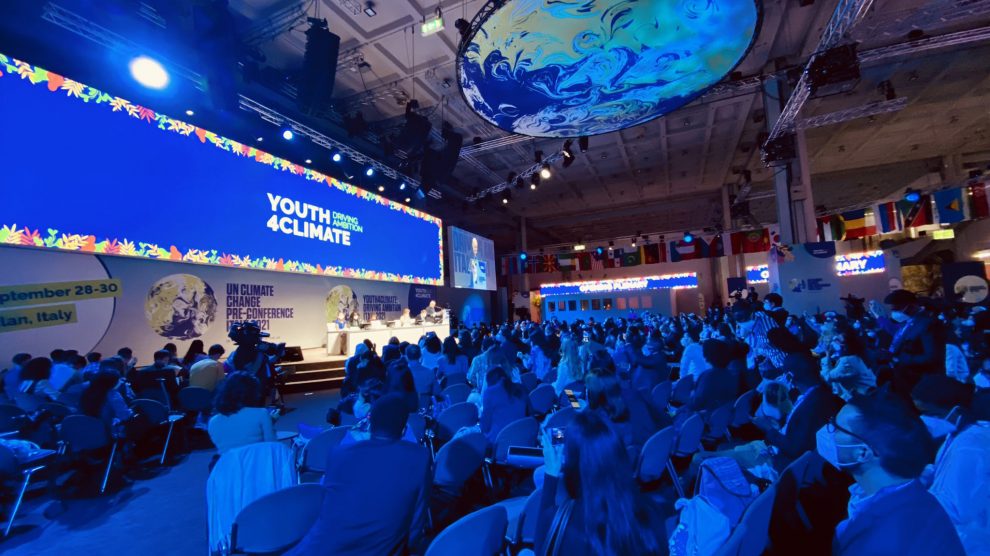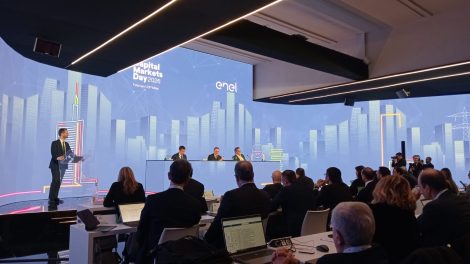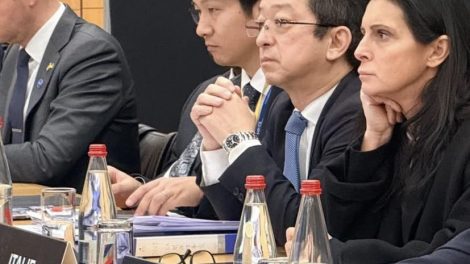The brightest star of the climate movement, Greta Thunberg, made headlines when she lambasted world leaders at the Youth4Climate event in Milan – aka pre-COP26, meant to pave the way for November’s main climate conference in Glasgow – for their approach to the environmental crisis, or as she put it, “blah, blah, blah.”
Ms Thunberg’s comments carried echoes of the dwindling faith that the world’s youths place in the establishment’s will to truly tackle the climate crisis. With good reason, too: the latest IPCC report detailed just how much of the human-generated damage to the planet is irreversible and showed that the upcoming COP26 is the last chance to level up commitments and avoid the worst-case scenarios.
The young climate activist demanded that the world’s economies live up to their words and wean industries off fossil fuels by 2030. They also called for increased youth participation, private sector efforts towards zero emissions, a transparent climate finance system and more money to help those most vulnerable to the impact of climate change. Wealthy countries had previously promised $100 billion a year to that end but repeatedly fell short of that goal.
The first-ever Youth4Climate was meant to deliver their words, and it warranted said establishment’s response. That came in the form of Italian Prime Minister Mario Draghi: “we’re aware that we have to do more – much more. This will be the objective of the [final G20 meeting] at the end of October,” he said, promising to step up Italy’s commitment – by doubling the money destined to help emerging countries transition to clean energy.
The Minister for the Economic Transition Roberto Cingolani was there, too. He pointed at the effort to step up long-term goals to limit global warming under 1.5°, “and not 2°. An enormous difference. There is no fight against the climate crisis if there is no fight against global inequalities. Because if warming only concerned Europe, we would have solved it in ten years. But the problem is far larger.”
When the event wrapped up, the US’ Special Climate Envoy John Kerry underscored that countries amounting to 55% of global GDP were on track to keep the number below 1.5°, whereas the rest lagged – and “dozens of countries”, including major emitters China and India, had failed to update their short-term climate pledges and were far from doing enough.
“We’re in a very constructive dialogue with India and China … there is a wish by both countries to be part of the success,” said the EU’s Climate Commissioner Frans Timmermans. Mr Kerry also said that he was expecting international donors to fulfil their $100 billion pledge, adding that after 2025 the finance plan will have to reach “trillions.” “[The] private sector is needed for this,” he said.
Youth4Climate did offer a platform to the private sector, specifically the Italian managers who attended the event and spoke to the local media detailing their companies’ efforts to contribute. As Salvatore Bernabei, CEO of Enel Green Power, said, “we see decarbonization as an industrial transition, where change must be implemented by all the actors involved. A single company cannot set it in motion, but someone must lead by example.”
On that front, the awareness is shared. “The energy transition is a priority, we cannot wait any longer. But it has a cost, we must activate all available levers to limit it, such as digital innovation” said Giovanni Brianza, Executive VP of Edison and CEO of the company’s renewable energy division, who added that “the most important challenge [is] of a cultural nature.”
That much is clear to the young activists, who deferred their judgement to November as they to see if the world leaders will follow up on their words. But one takeaway is that the Western countries’ acknowledgement of the need for a society-wide shift, along with their will to pressure less ambitious economies, seems to be going in the right direction.





